Read in this article
- • Saudi Arabia plans to invest in Iran’s energy infrastructure
- • Iran relies heavily on oil and gas as a primary source of income
- • Investment in Iran can happen quickly when diplomatic relations between the two countries are normalized
- • Saudi Arabia does not wish to enter into a conflict with Iran, and supports the stability of the Gulf region
- • Extensive facilities and adequate infrastructure exist in Iran to attract foreign capital
After the Saudi-Iranian agreement, last week, to normalize diplomatic relations between them, it can be expected that this will open a new chapter in cooperation between the two countries in the energy sector, especially renewable energy. Saudi Arabia plans to invest in Iran’s energy infrastructure.
Remarkably, although both countries are geopolitical rivals with a history of strained relations, this move could signal a shift toward diplomacy and peaceful coexistence. Many experts have questioned the feasibility of investment due to various political and economic obstacles.
It is interesting to see the Saudi-Iranian deal, between the two old rivals coming together to seek mutual gain, and could be seen as an attempt by the kingdom to diversify its oil-dependent economy and tap into Iran’s vast market potential.
And with the continuation of US sanctions on Iran, Saudi investors may face significant obstacles in concluding such deals. Nevertheless, this announcement of the resumption of diplomatic relations is still a positive step towards stability and cooperation between these two major players in the Middle East.
Iran’s oil and gas sector need for investment
In November 2021, Iranian Oil Minister Javad Auchi announced that the country’s oil and gas sector needed $160 billion, and warned that if this amount is not invested, Iran will become an oil and gas importer.
Iranian gas suffers from sanctions and pressures related to the nuclear program, and has not succeeded in attracting investment in recent years.
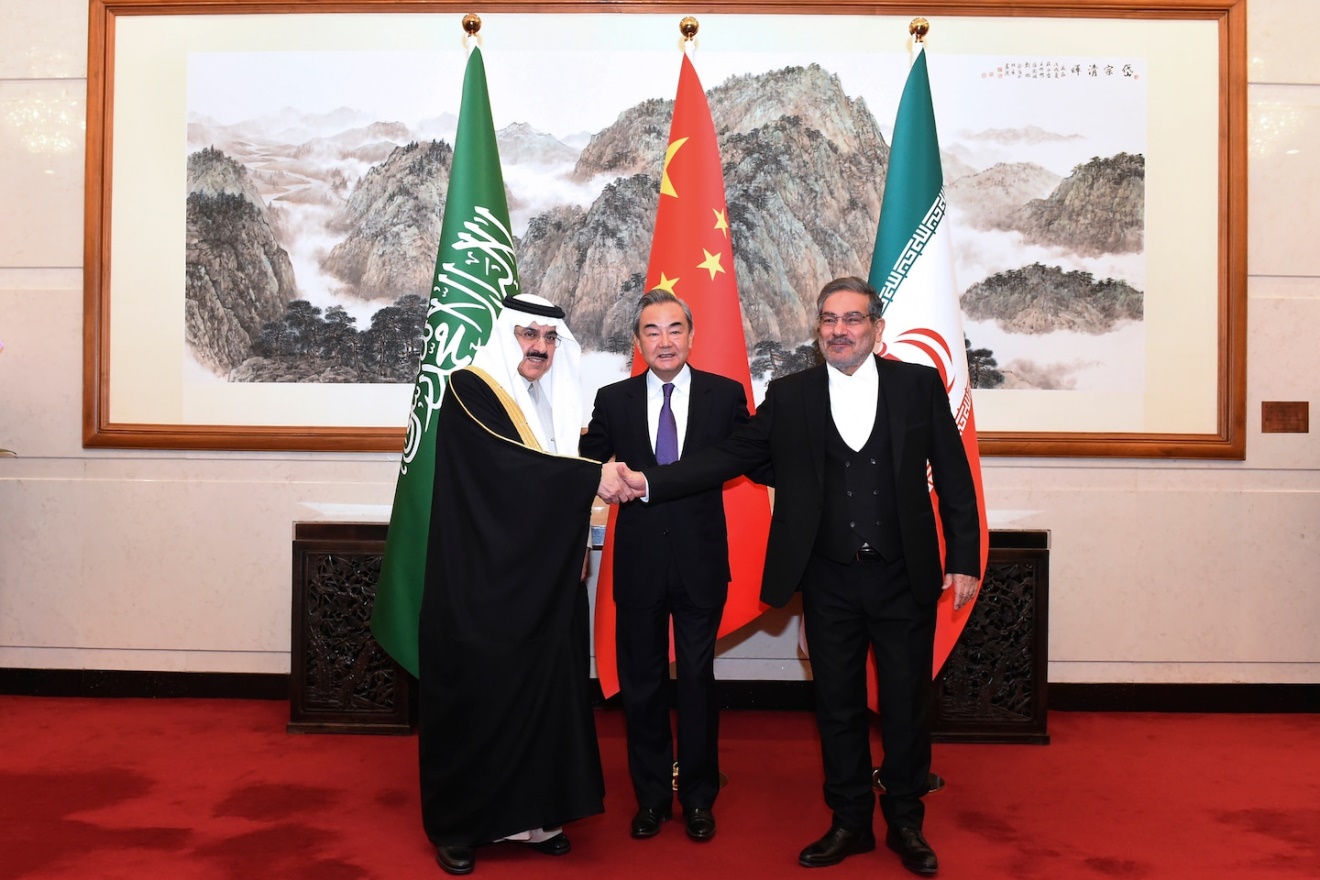
In the summer of 2021, the Research Center of Iran’s Islamic Consultative Assembly published a report based on the fact that investment in the exploration and development of Iranian oil and gas fields has witnessed a sharp decline since 2019, from about $23 billion in 2019 to only about $3 billion in 2019. 2021.
In view of this, the Saudi-Iranian agreement could lead to the Kingdom investing in Iranian oil and gas fields, with the calculation that after the possible agreement and Iran’s return to the market, competition in the oil market will increase among the countries of the region.
Challenges of producing renewable energy in Iran
Iran faces many challenges in producing renewable energy. First, the country relies heavily on oil and gas as a primary source of income, which makes it less incentivizing to invest in renewable energy sources. In addition, financial constraints have made it difficult for the country to modernize and improve its energy infrastructure.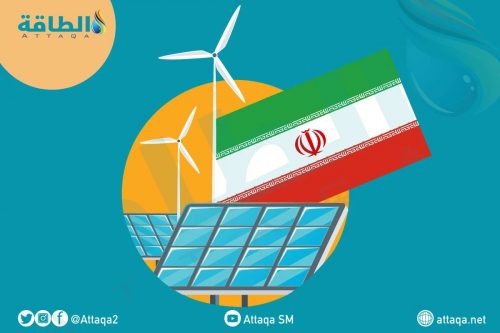
Moreover, years of economic sanctions have hampered Iran’s ability to attract foreign investment to the sector.
Finally, there are technical barriers, such as a shortage of skilled workers and outdated electrical grids, which pose major obstacles to increasing renewable energy production in the country.
As a result of the increasing awareness about climate change globally, and the ever-increasing demand for clean energy sources domestically, Iran has begun to take steps towards diversifying its energy mix by implementing policies that encourage the use of solar and wind energy technologies.
Saudi Arabia plans to invest in Iran
Speaking at the Financial Sector Conference in Riyadh, Saudi Finance Minister Mohammed Al-Jadaan announced that investment in Iran could happen quickly upon the normalization of diplomatic relations between the two countries, and the completion of the Saudi-Iranian agreement.
The minister explained that Iran offers many investment opportunities to Saudi Arabia, and that if relations stabilize and deals are committed, there will be no problems between the two countries.
The Saudi-Iranian agreement included agreement between the Kingdom and Tehran to reopen their diplomatic missions within the next two months.
Al-Jadaan said, in an interview with Reuters, that Riyadh does not wish to enter into a conflict with Tehran, and supports stability in the Gulf region, which is guaranteed by the Saudi-Iranian agreement.
Last November, Saudi Arabia indicated its willingness to invest $14 billion in Uzbekistan, and this investment includes promises such as generous production of natural gas in gas-rich Uzbekistan, as well as Saudi Arabia’s commitment to increasing the migration of Uzbek workers to work in the country.
The most important contract signed by Uzbek President Shavkat Mirziyoyev during his visit to Riyadh is the project to build the world’s largest wind farm in Uzbekistan, which is expected to supply 1.65 million homes with electricity at a time when the country suffers from a chronic shortage of electricity.
Last February, the Saudi company ACWA Power, the leading Saudi developer, investor and operator of electricity generation, water desalination and green hydrogen plants around the world, announced the completion of 4 separate agreements to develop new renewable energy in the Republic of Azerbaijan.
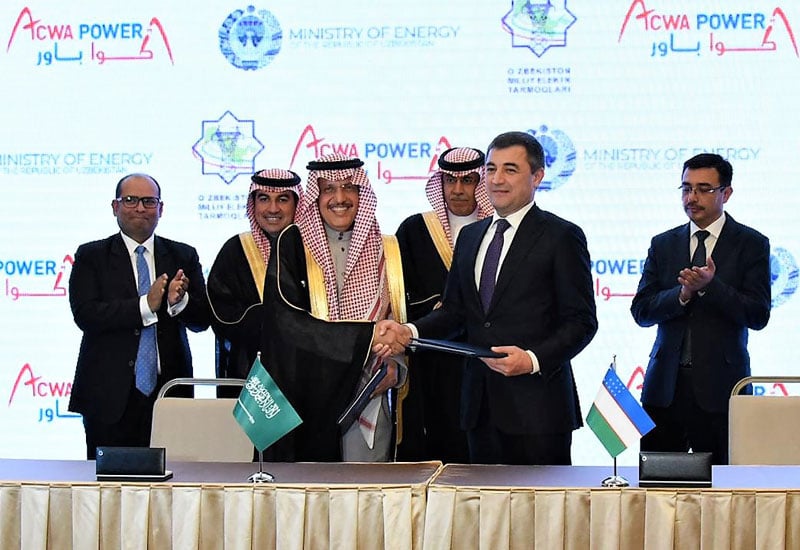
Under ACWA Power’s commitment to leading and enabling an energy transition supported by a strong public-private partnership model, the company has signed major implementation agreements with the Ministry of Energy and a cooperation agreement with the State Oil Company of the Republic of Azerbaijan (SOCAR).
In the past decades, Iran was unable to make the necessary investments in the renewable energy sector, due to the problem of natural gas shortage in Iran.
Tehran has no choice but to develop the use of clean energy, so the government of Iranian President Ebrahim Raisi is trying to create 10,000 megawatts of renewable energy in Iran by 2025, and out of the planned 10,000 megawatts of renewable energy, 4,000 megawatts is from solar energy.
With the financial financing and technological resources of Saudi companies, Iran can facilitate the presence of Saudi companies in renewable energy projects and in the full energy transition.
Obstacles to the Saudi-Iranian agreement
Economists in Iran believe that there are many obstacles to foreign investment in the country, and these challenges apply to Saudi investment.
Economists have pointed out on many occasions the complex process of bureaucracy and uncertainty regarding the future of the economy and instability in some decisions. These factors have led investors to hesitate to enter the Iranian economy.
It must be taken into account that there are extensive facilities and appropriate infrastructure in Iran to attract foreign capital, and the existing laws in this field support the foreign investor, but at the same time, there is a lack of transparency.
Despite the usual politics and complex bureaucracies in the process of applying the laws, the implementation of these laws has not yet been resolved.
In order to encourage foreign investors, especially Saudi Arabia, Ibrahim Raisi’s government must facilitate methods, policies, and processes, while at the same time focusing on the necessary procedures, so that the investor faces the same steps and regulation from start to finish of his investment process.
Economically, the combination of industries, climate, weather conditions, minerals and human resources available in Iran is suitable for foreign investment.
Iran should deepen its political relations with target countries in order to attract foreign capital, and it should reduce the existing bureaucracies and cancel the many permits that must be obtained from various institutions.
Political tensions and economic crises
For their part, the Saudis are ready, says the finance minister, but there are many significant obstacles to this partnership that must be addressed before any real progress can be made.
For example, long-standing political tensions between the countries make it difficult for the Saudis to do business with Iranian companies without fearing a backlash from their own government or society. In addition, the sanctions regime imposed on Iran has created significant complications for foreign investors seeking to enter its economy.
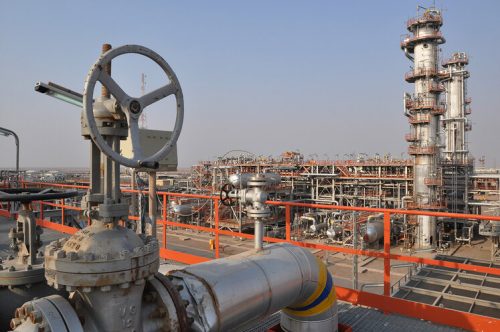
Although there is potential for mutual benefit here, it will take some time and some serious negotiation on both sides to overcome these hurdles and see the investments start flowing smoothly.
Therefore, Iran must increase its connection to the global economy through economic policies that attract foreign investment, including Saudi Arabia, in the event of potential sanctions being lifted.
This work, in addition to the economic benefits for the country, makes the Iranian economy contribute more than half of the current world production.
This issue in itself will relieve the pressure of sanctions on the Iranian economy and provide the necessary guarantees for the nuclear deal. Iran must agree to the Financial Action Task Force (FATF), adopt a foreign policy of de-escalation, and not support proxy groups.
In return, Saudi companies can invest in renewable energy, construction and communications projects, and it is important to develop hospitals and health industries in Iran.
The Saudi-Iranian agreement, and Riyadh’s presence and investment in Tehran, will mean an increase in the volume of trade exchange between the two countries in the medium term.
Increasing the level of Saudi investment in Iran can manage potential future tensions between the two countries and normalize relations. Saudi Arabia’s potential investments in Iran will be a win-win game, and regional competition will continue in line with the national resources of both countries.
* Dr. Omod Shoukry, senior advisor on foreign policy and energy geopolitics, is the author of “US Energy Diplomacy in the Caspian Basin: Changing Trends Since 2001.”
*This article represents the opinion of the author, and does not necessarily reflect the opinion of the energy platform.
related topics..
Also read..
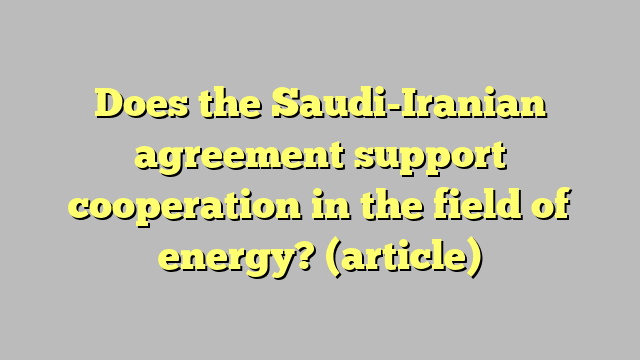
Leave a Reply